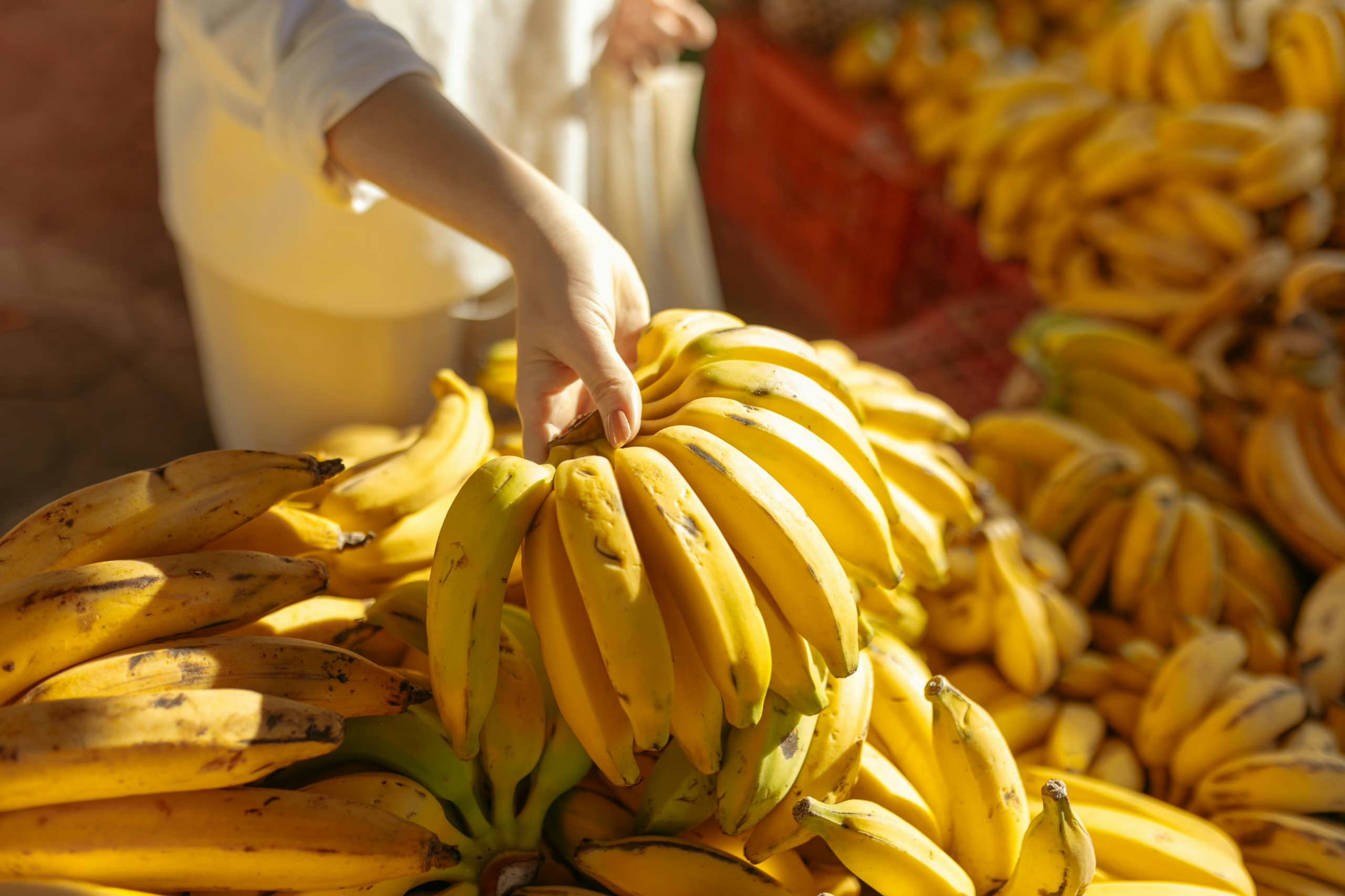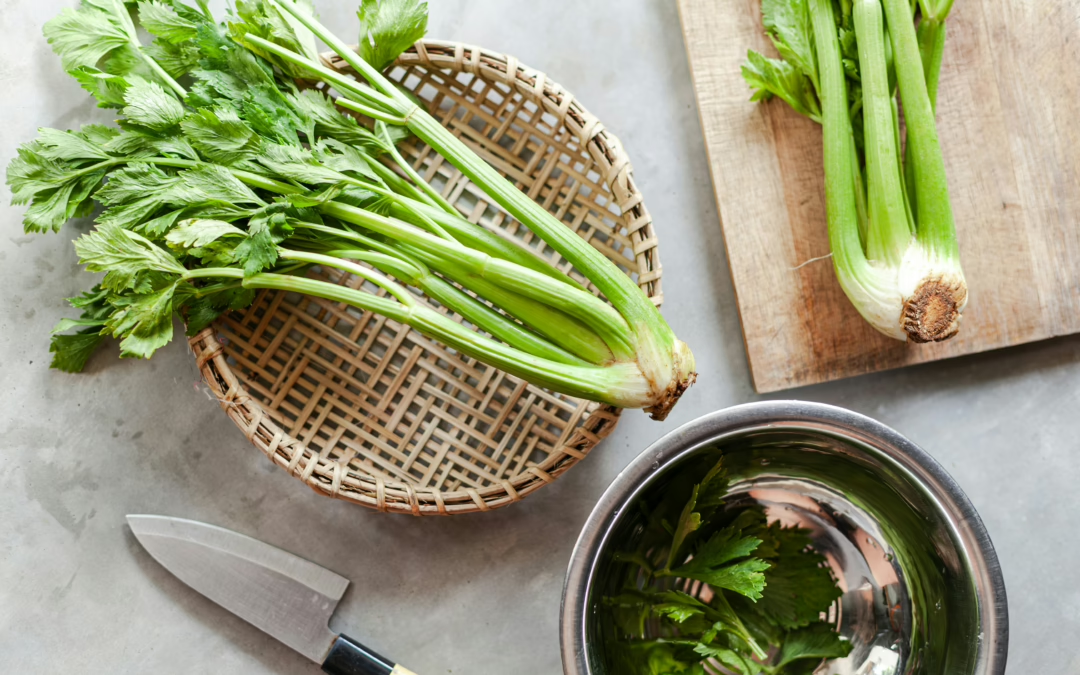Written by Kimberley Gittens, RD on behalf of Rachel McBryan, RD
Potassium is one of the essential dietary minerals. It is found in a wide variety of foods, particularly fruits and vegetables. Most people are able to meet their potassium needs from their diet alone, and do not typically require supplementaion.
Importance of Potassium in Your Diet
Potassium plays an important role in regulating fluid balance in your body, moving nutrients into and out of cells, contracting muscles, and sending nerve signals. It also contributes to bone and heart health
What Might Be Affecting Your Potassium Levels
There are many factors that may affect your potassium levels. Low potassium, also known as hypokalemia, may be caused by vomiting and diarrhea, poor potassium intake, and medications, including some diuretics and certain antibiotics. High potassium levels, known as hyperkalemia, may be caused by heart failure, chronic kidney disease (CKD), Addison’s disease as well as by various medications.

High Potassium Foods
There are many fruits and vegetables are high in potassium. Foods that are typically high in :
- Leafy greens (such as lettuce, spinach, kale)
- Bananas
- Tomatoes
- Asparagus
- Celery
- Potatoes
Animal products such as ground beef and salmon can also be high in potassium. In addition to foods, some condiments such as ketchup, mustard and relish are high in potassium.
Examples of Potassium Content of Foods
| Food | Amount of Potassium |
| Plain yogurt (1/4 cup) | 100 mg |
| Avocado (1 medium) | 1067 mg |
| Broccoli (1 cup, cooked) | 457 mg |
| Hard-boiled egg (1 large) | 63 mg |
| Walnuts (1/2 cup, halves) |
212 mg |
Please note: The numbers provided are estimates for your reference. The amount of potassium may vary by brand, cooking style, and amount of food.
Who Should Avoid High Potassium Foods
Some people may need to reduce their intake of high-potassium foods. People with heart failure, kidney disease and/or diabetic neuropathy may need lower amount of potassium should speak with their dietitian or doctor about their potassium intake.
Who Might Need High Potassium Foods
People with hypertension or low potassium levels may benefit from including potassium-rich foods in their diet. It is important to discuss with your doctor or dietitian whether a high potassium diet is right for you, as your potassium levels can be impacted by your kidney function.
Are you getting enough (or too much) potassium?
Working with Rachel and her team can help you understand the impact of your diet and provide personalized recommendations to improve your health.
Book a FREE discovery call to get started!



